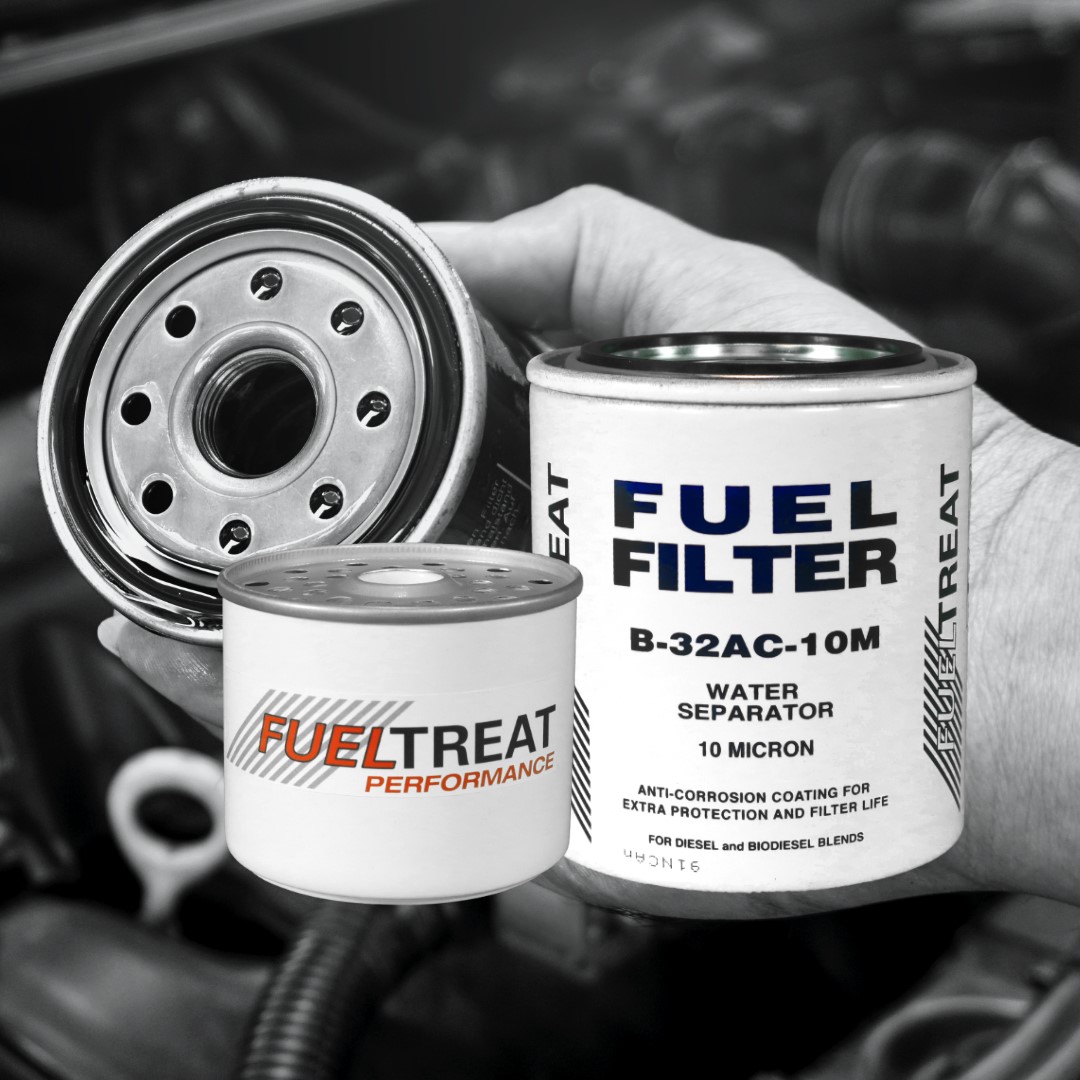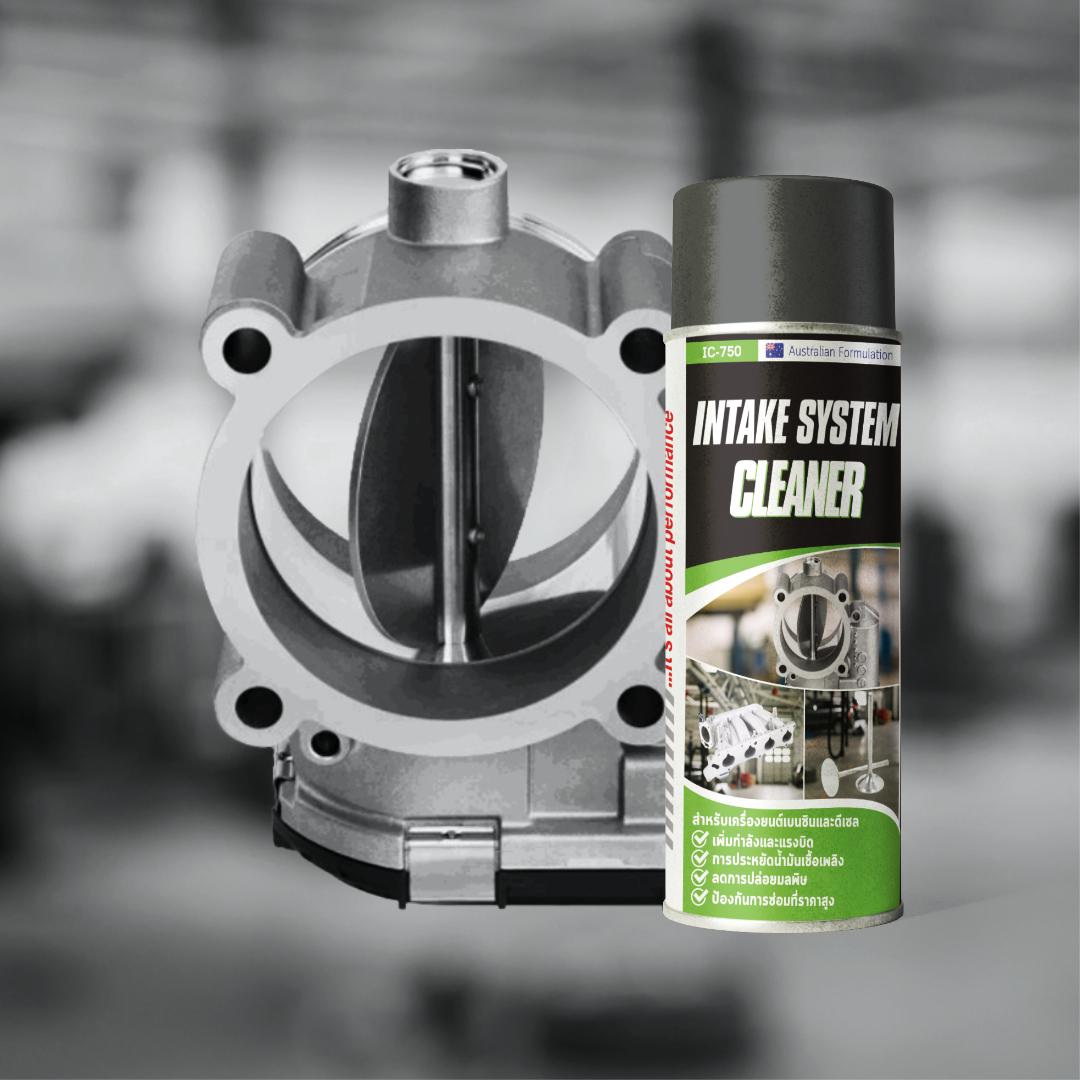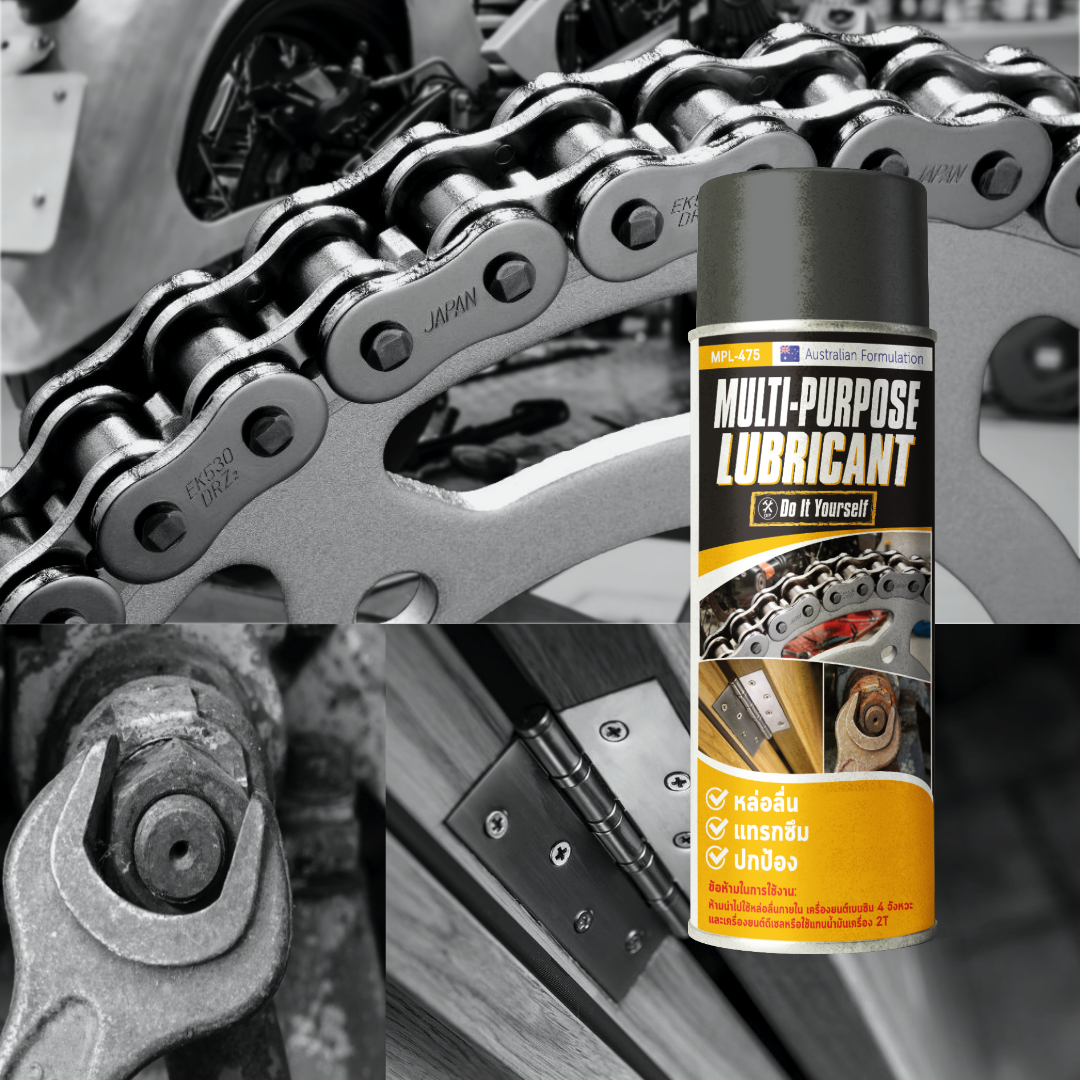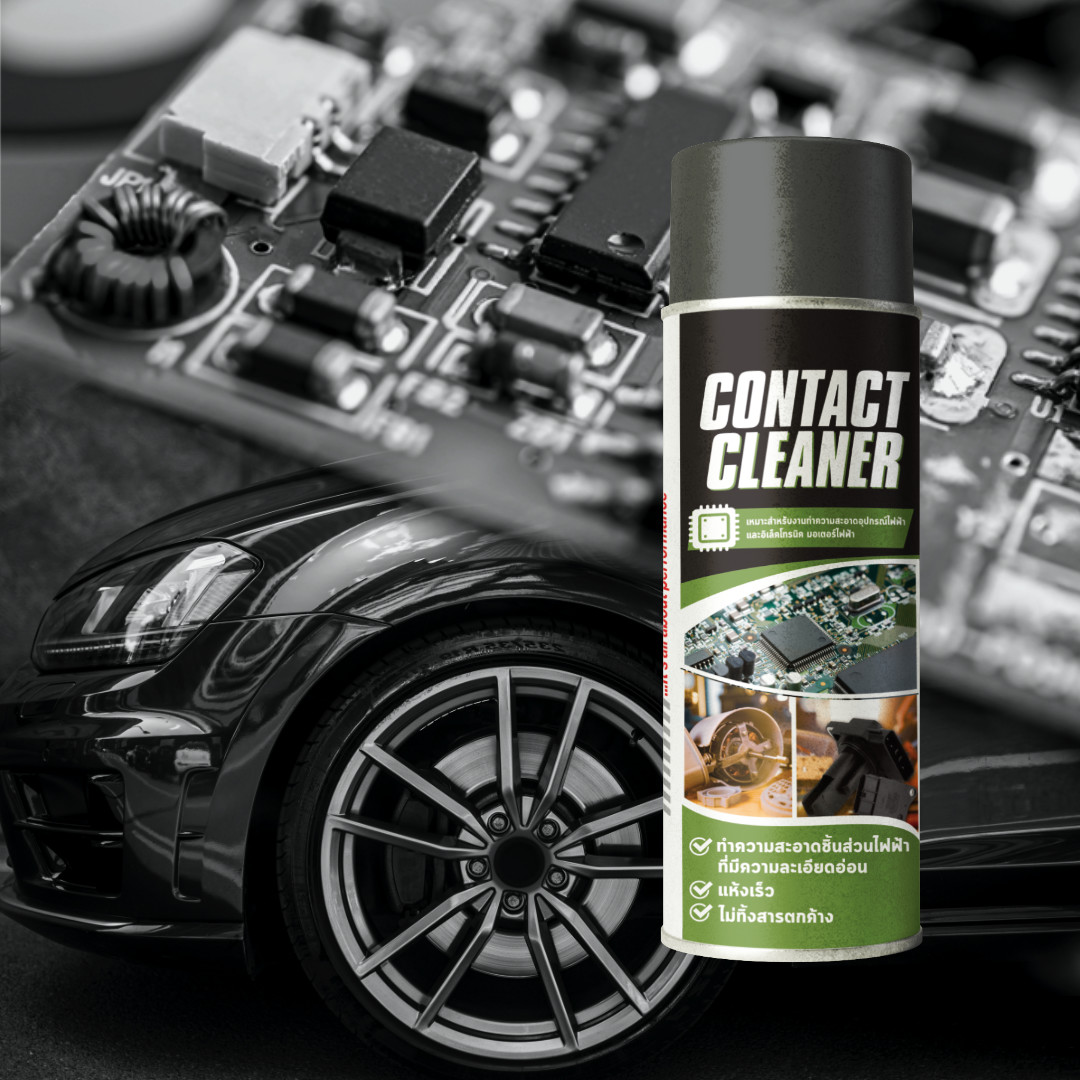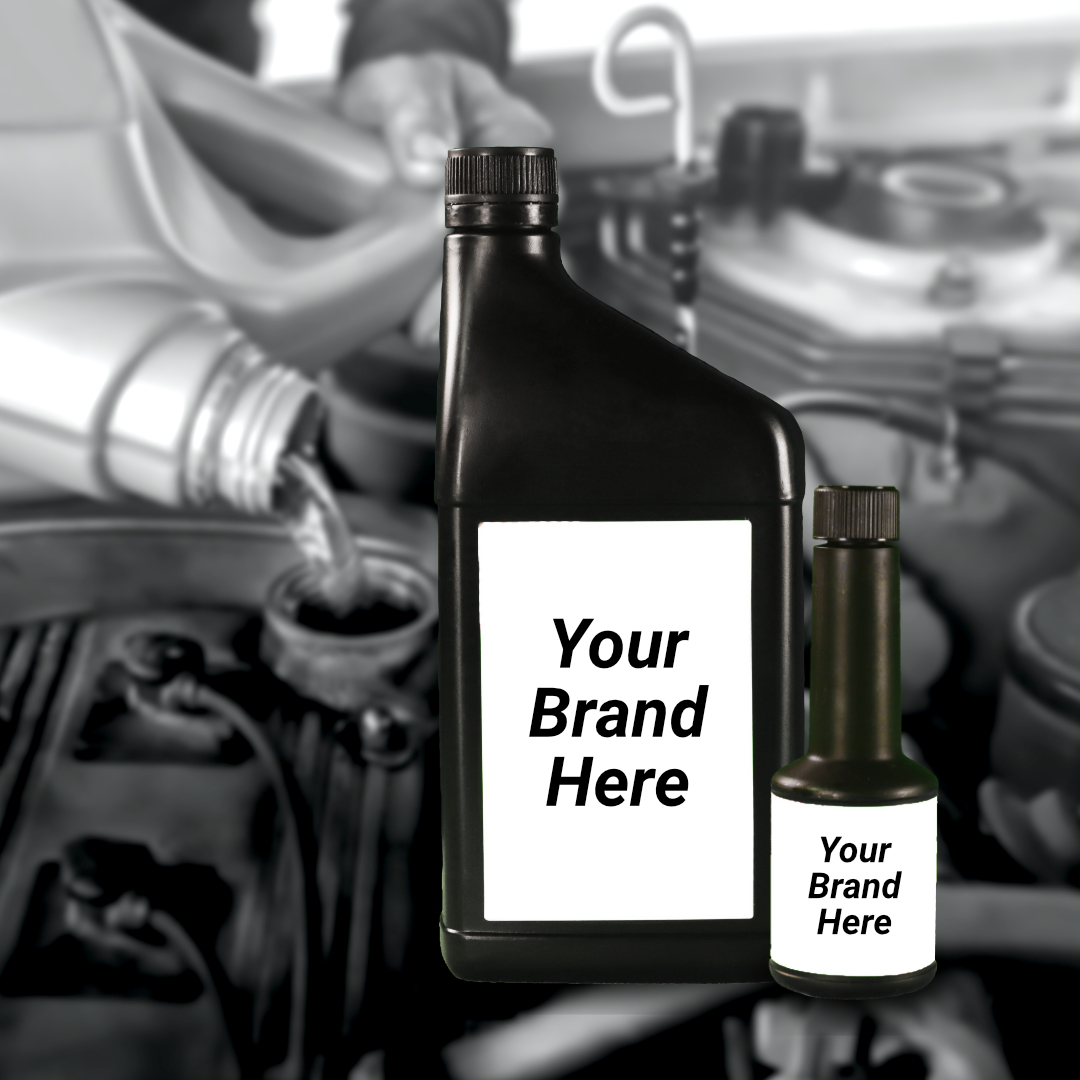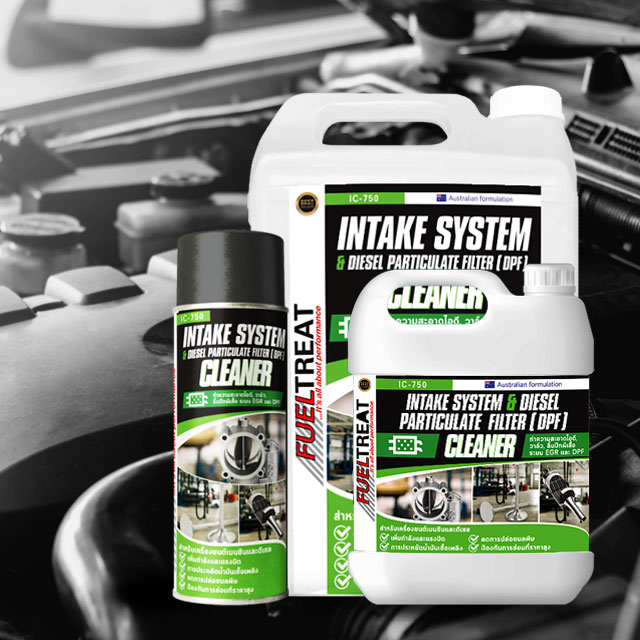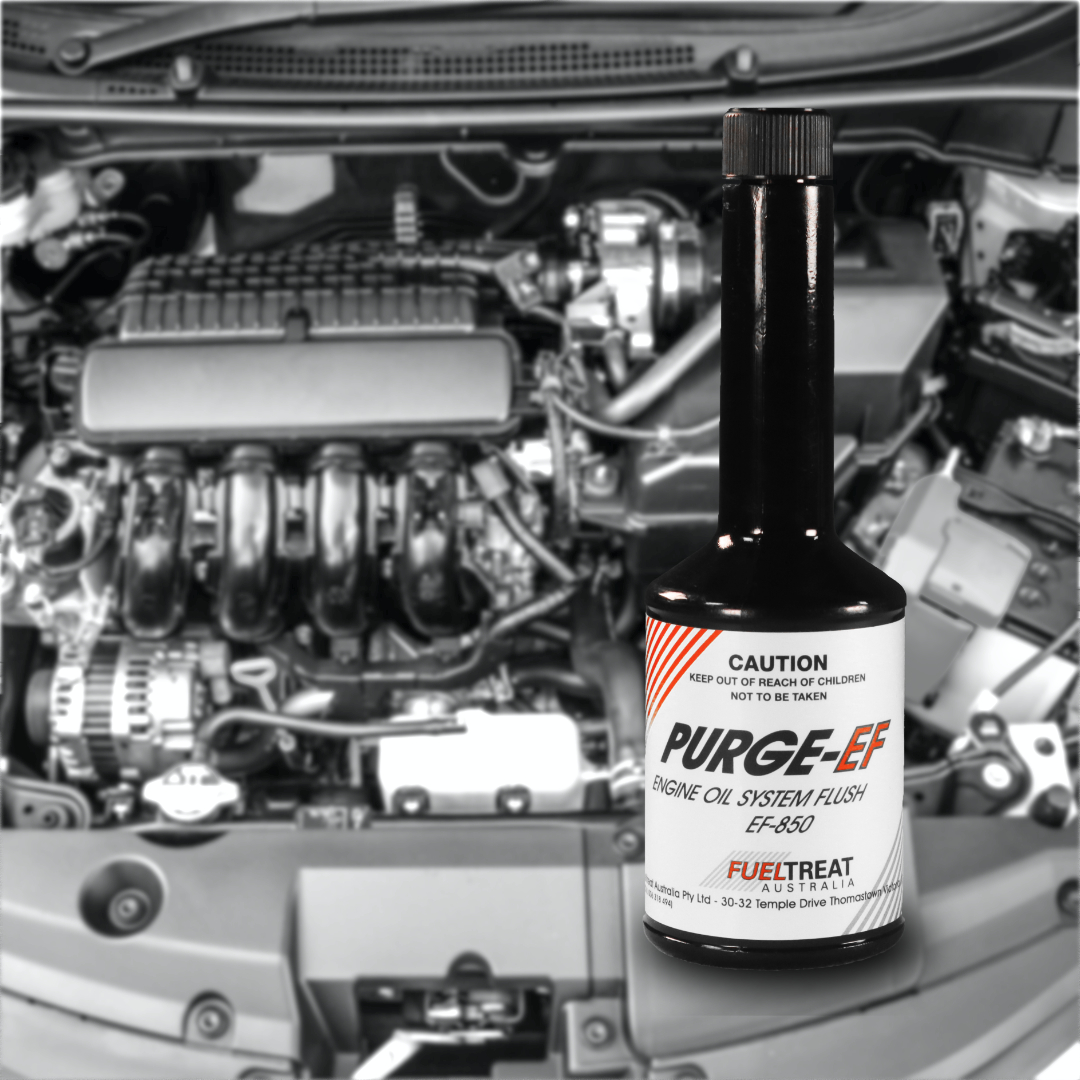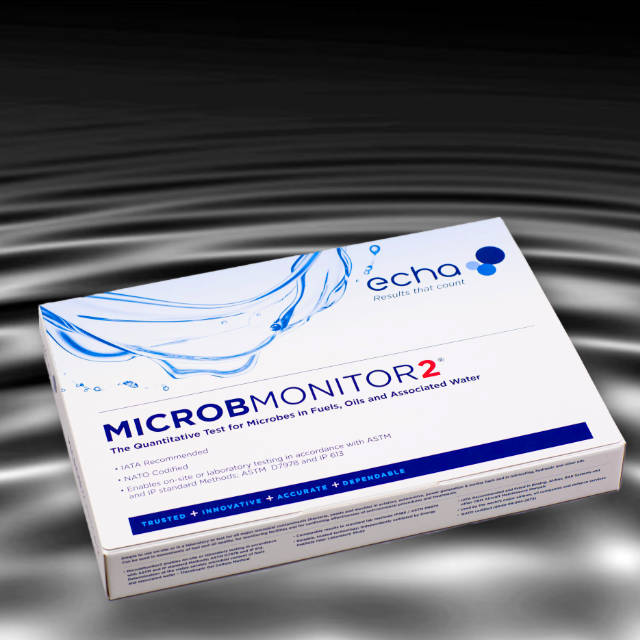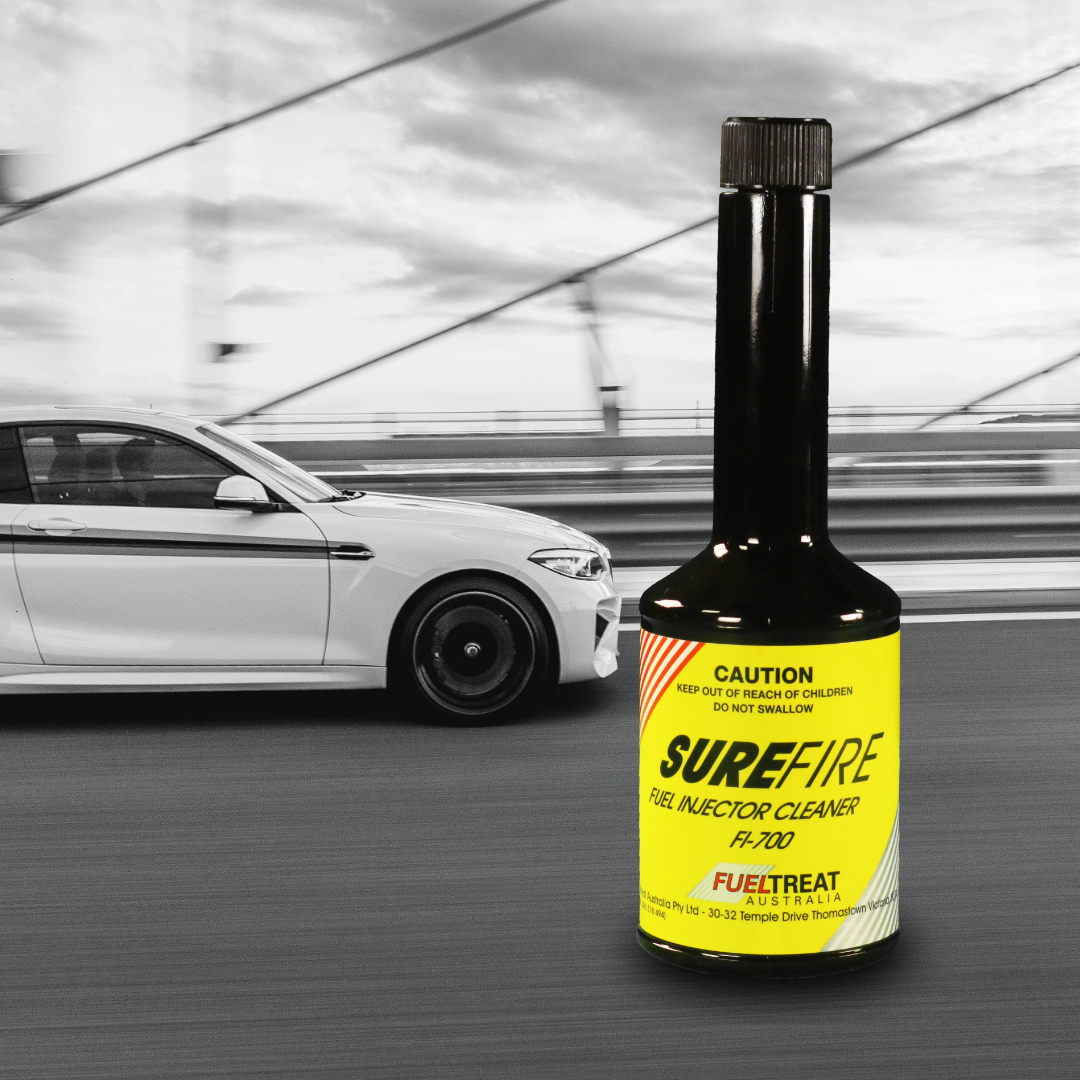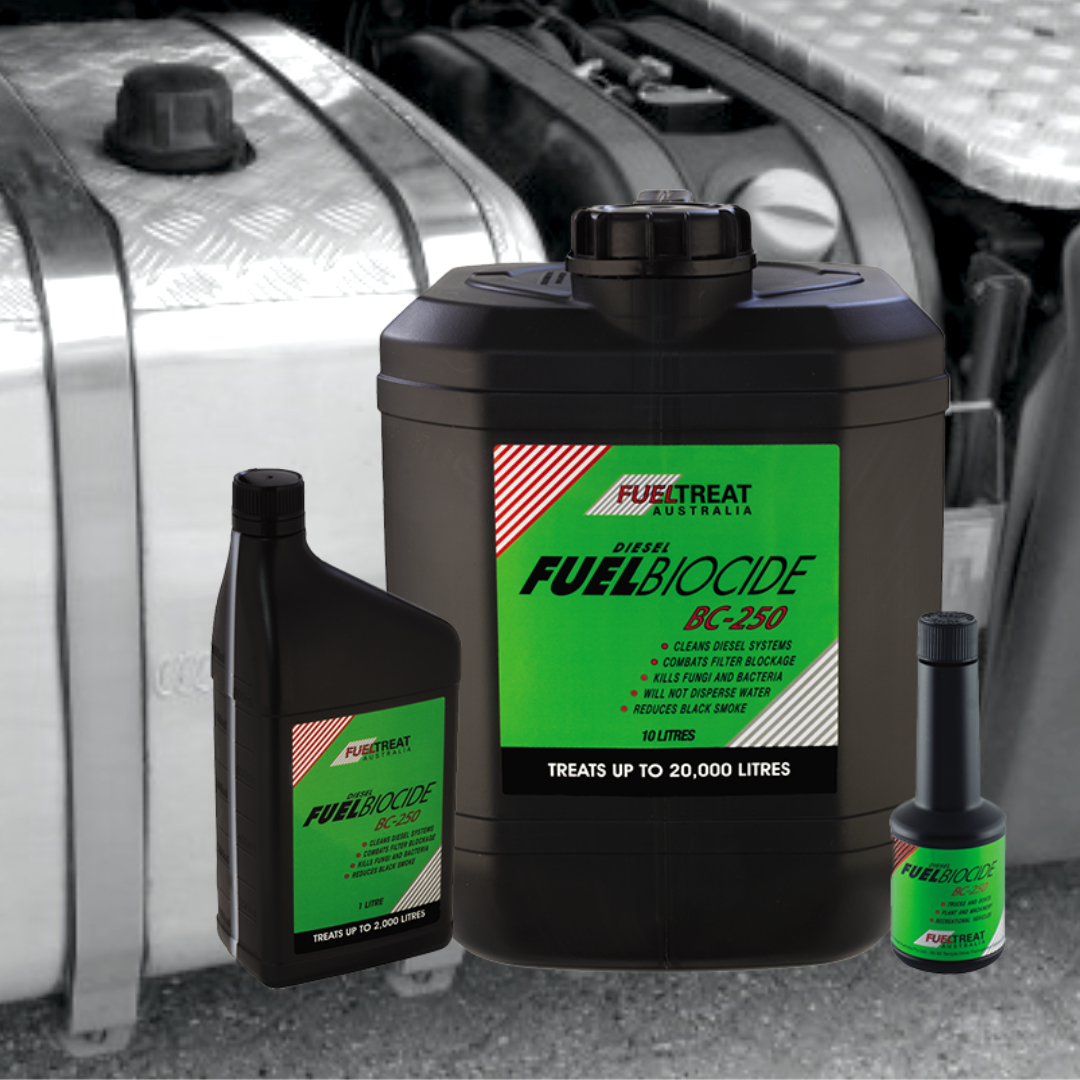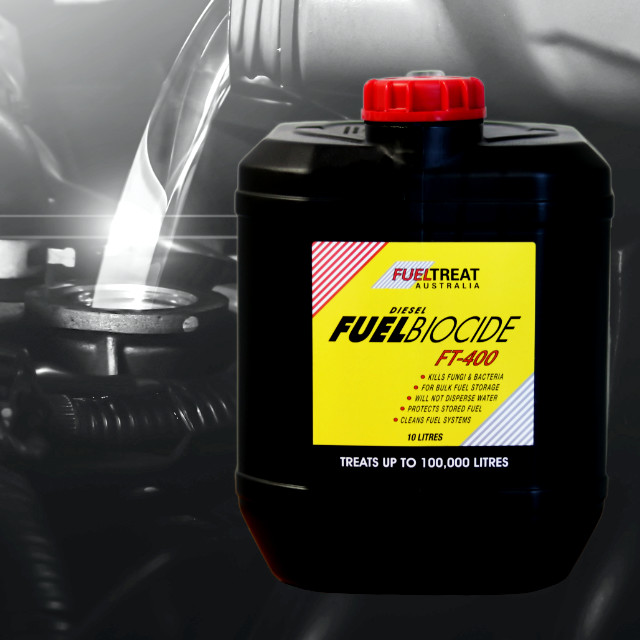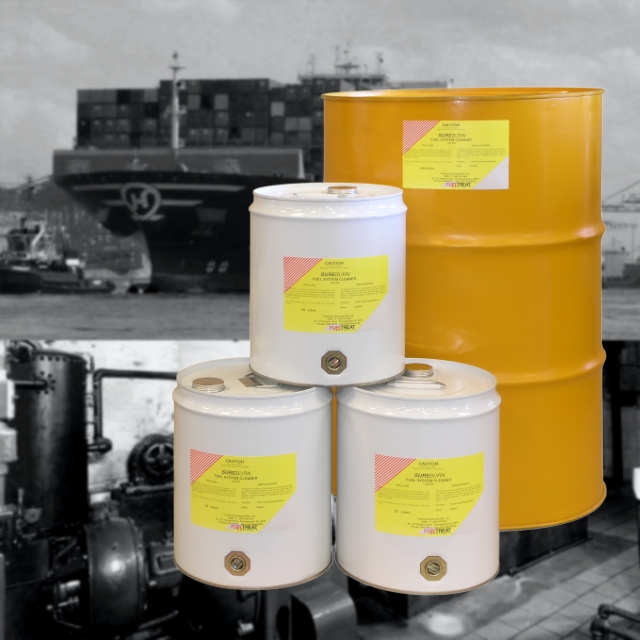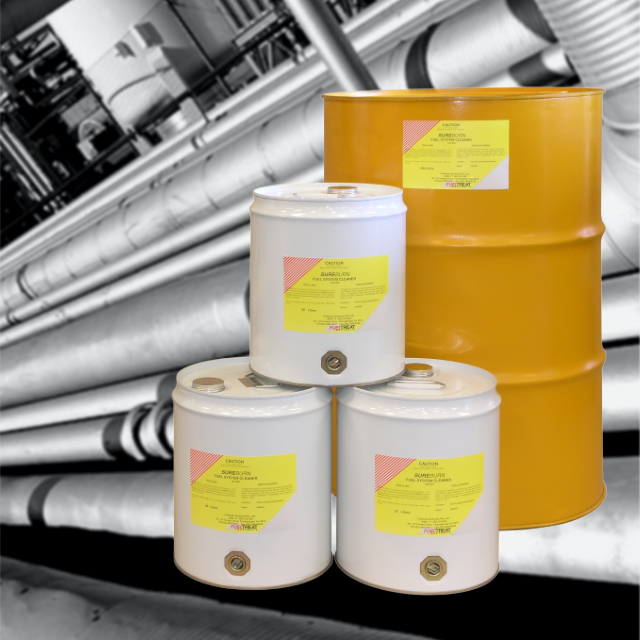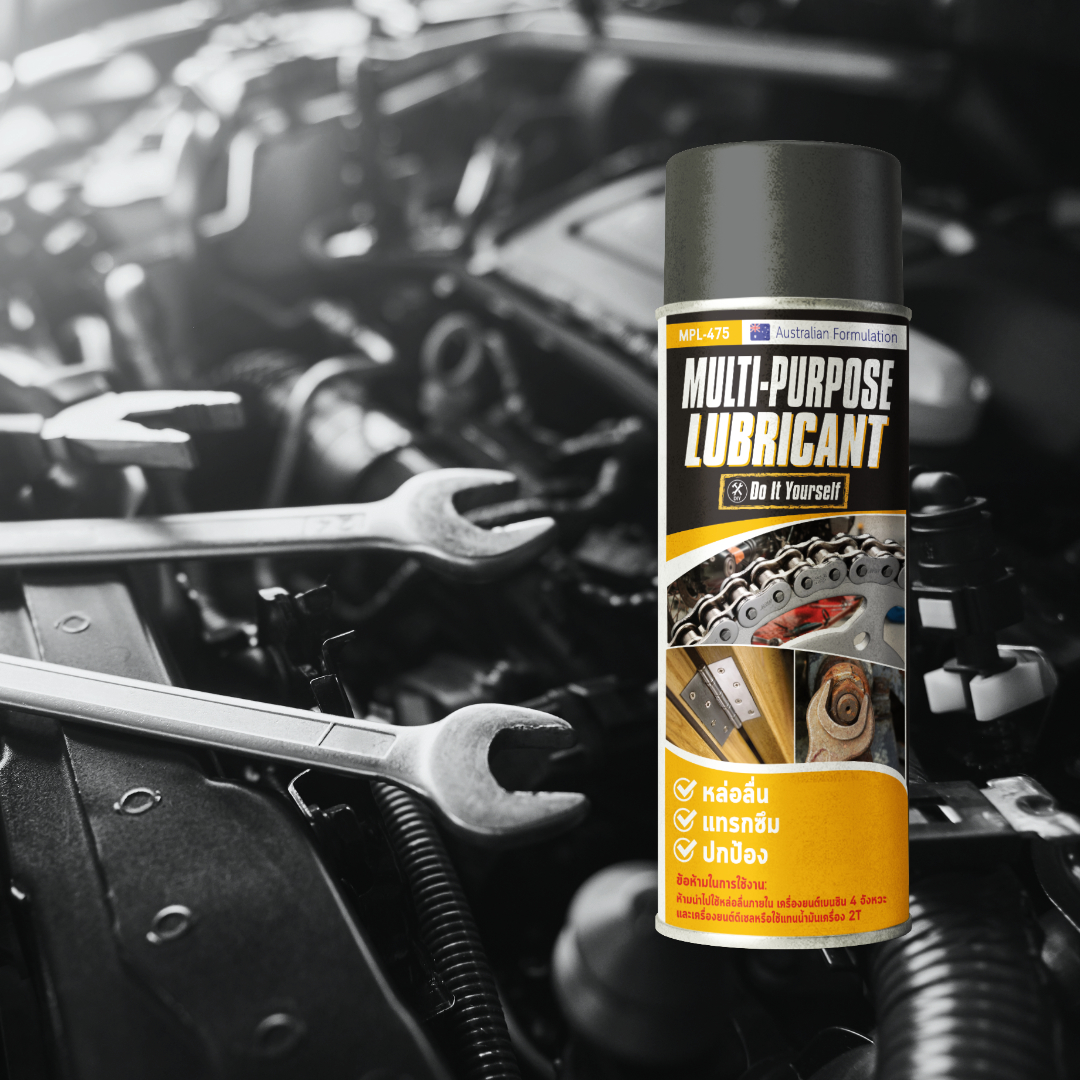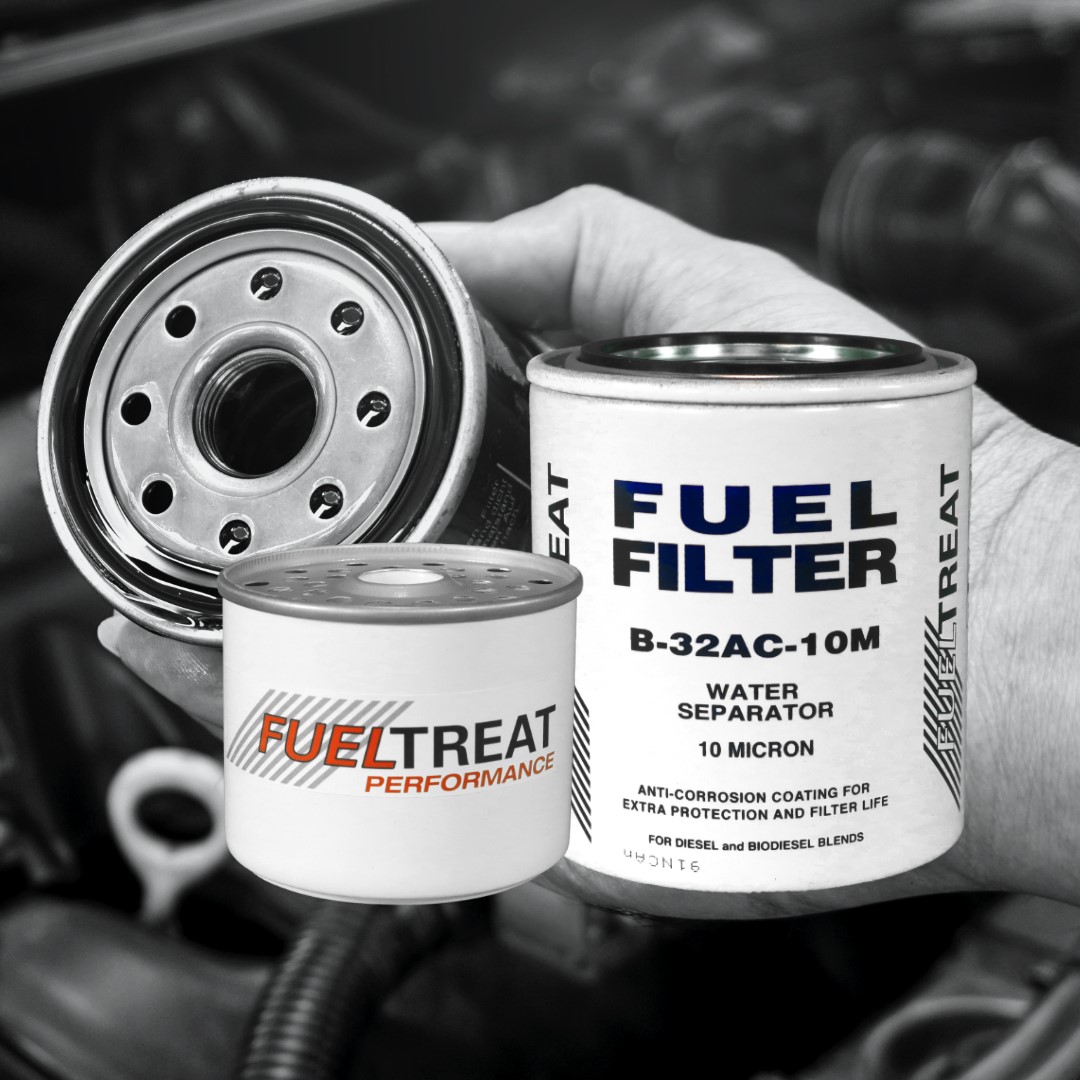

Breaking down at sea is dangerous, costly and could lead to serious consequences for passengers, cargo and the environment.
The reliability, longevity and efficiency of a maritime vessel relies a lot on the quality of the fuel being used and its storage on board. Long periods of inactivity often lead to issues when fuel finally moves from storage to the engines.
Mechanical failures on the water are often caused by fuel contaminated with biomass (bugs) and/or water contamination through poor storage. Fuel is generally fit for purpose when it leaves the refinery, but transportation, various storage tanks and on-board storage can allow fuel to become contaminated before use.
Click the links to see how these products can save you marine costs.
FT400 BC250 SUREBURN PURGE BREAKCLEAR MICROBMONITOR FILTERS
How we save your maritime costs
When these contaminants make their way into the fuel system and engine, a minor component failure or a catastrophic engine failure could result, leaving the vessel stranded on the water, or worse.
With the introduction of Ultra Low Sulfur Diesel (ULSD) fuel and Biodiesels, marine operators have been forced to deal with the issues associated with microbial contamination and increased water levels in diesel fuel storage tanks.
These fuels are inherently unstable and are more affected by higher temperatures. They are more prone to water separation and microbial contamination which negatively impacts fuel storage life and operation.
Water is always an issue in diesel fuel, but problems have increased using ULSD fuels and biodiesel. In higher concentrations, sulfur dissolves and carries water out of fuel systems in water separators. Lower sulfur content in the fuel has reduced its ability to carry this water and lowered its resistance to microbial contamination. Since the fuel can no longer carry water dissolved in solution, more water is shedding to the bottom of fuel tanks, creating a breeding ground for microbes.
Increased paraffin and biological Fatty Acid Methyl Esters (FAME) in Biodiesel are used to replace the sulfur and aromatics. These provide a major food source for the microbes. The reduction in sulfur, a natural poison to bacteria and fungus has further intensified microbial contamination problems in ULSD and Biodiesels.
Premature fuel-filter plugging caused by solidifying Biodiesel FAME components and fuel tank corrosion can be prevented by dosing and treating fuel in the correct way.
FUELTREAT have years of experiencing in dealing with and preventing costly microbial contamination issues. Our comprehensive fuel tank maintenance program using FUELTREAT engineered additives is designed to not only prevent fuel contamination from occurring but to also eliminate existing microbial contamination. Contaminated fuel can be treated and returned into service on-site, saving valuable time and money.
Click the links of our Shipping and Marine products to learn how they can save you transport fuel, maintenance costs and down time.
Contact Us to find out more


